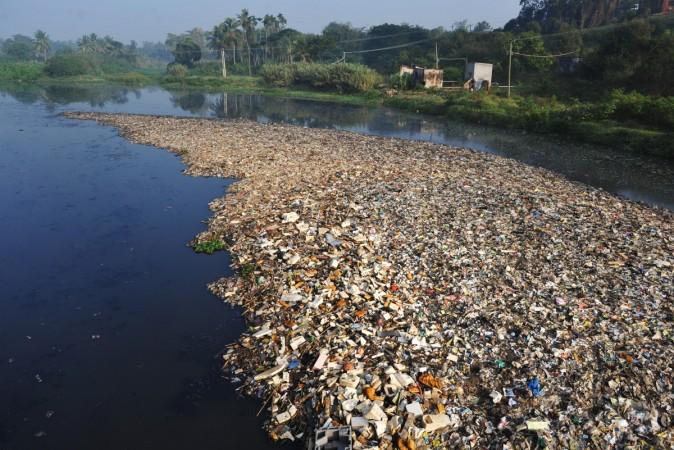
A barter scheme that allows an exchange of recyclable waste for essential products of daily use is gaining ground in Egypt, with more and more people opting for the programme. This novel exchange website is the brainchild of a group of young entrepreneurs, who took advantage of a crisis caused by waste.
Bekia, a term that indicates old, unused items that are often dumped in garbage bins, has strengthened its client base to 7,000, while plans are afoot to raise it to 50,000 people who look to get rid of their waste within two years, said a report in Arab News.
"We are expanding from 22 to 30 areas in Cairo this year. We are launching an app very soon and a new website with better features," Alaa Afifi, co-founder of Bekia, said, adding, "people can get rid of any waste at their disposal – plastic, paper and cooking oil - and exchange it for over 65 products on our website." Also, Bekia has ambitious plans to expand its market outside Egypt.
The goal of Bekia is to take advantage of the environmental problem faced by Egypt and turn it into an investment opportunity.
Simple concept
The concept is very simple. For discarding recyclable waste, people log onto the website to specify the items. They are given points based on the waste and these points can be used in one of the three ways – donate to people in need, save for later or exchange for products. Products for trading include rice, tea, pasta, cooking oil, subway tickets and school stationeries.
A member of the Bekia team then communicates with the user to collect the waste materials, which are sold to recycling companies for processing.
Egypt, which has about 100 million population, annually produces about 22 billion tonnes of waste, which poses a social problem as the government cannot deal with the waste effectively.
The Cairo-based company collects recyclables from virtually all places, including households, schools, universities, restaurants, cafes and companies.
When the company was launched in 2017, the business model did not prove successful. "We used to rent a car to go to certain locations every 40 days to collect waste from people. We then created a website and started encouraging people to use it," added Afifi.
The company has been trying to create awareness on the importance of protecting the environment through campaigns in schools, colleges, residential areas and companies.
However, the platform has its own challenges due to the reluctance of the society in using a website for disposing of waste. The promoters have strengthened its awareness campaign to overcome this hurdle.

















